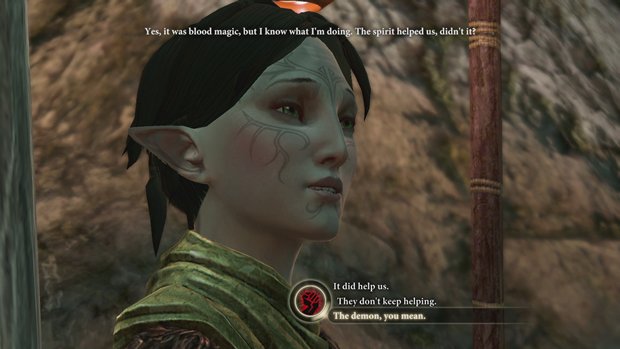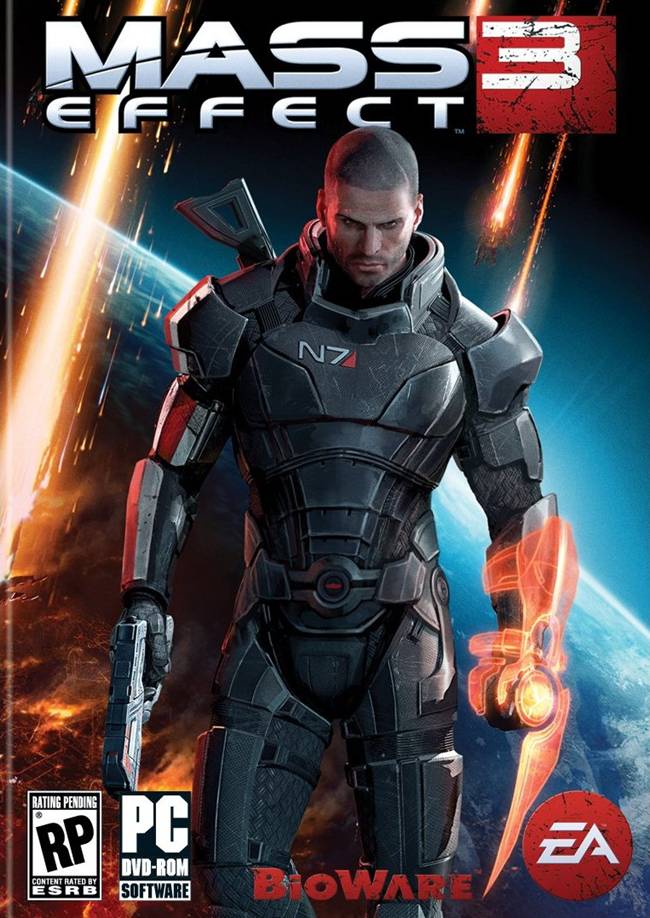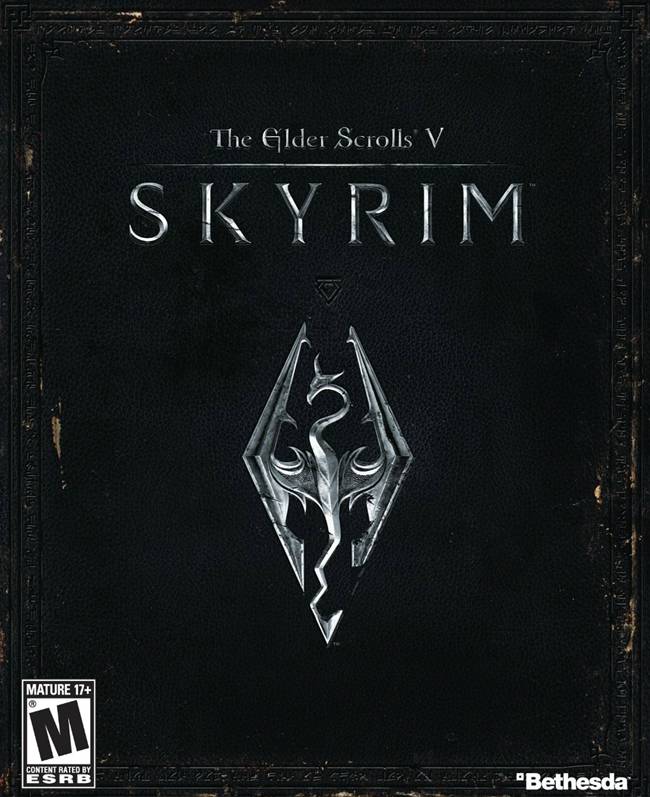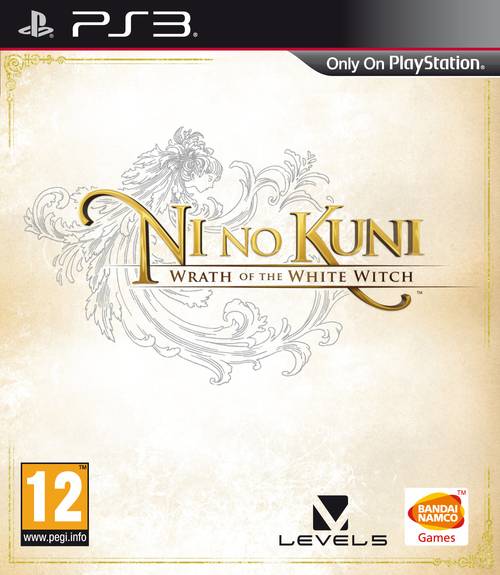Choice, in one form or another, seems to have become a pre-requisite for all RPGs these days. All RPGs that seem to be linear and do not present the player with the element of choice seem to be considered bad, somehow, and if not, points are heavily docked off. Hell, even games like Final Fantasy have player choices these days. But what does it mean for a game to have choice? Does it only need to have dialogue choices? Or can the players change the story according to their will? Or can the element of choice be gameplay-oriented?
The popular conception seems to be that of a game having dialogue choices and actions that affect the story itself. A prime example of a game that does that kind of choice brilliantly is, of course, Mass Effect. Players chose everything from dialogue options and several actions in cutscenes to whether or not they want to do a main mission itself. It all plays out very well, and the story is affected in better ways than you can imagine. Didn’t do a loyalty mission for one of the squad members? He or she dies during the attack on the Collector base. Didn’t side with Jack when she and Miranda were trading blows? She won’t talk to you for the rest of the game, unless you can make her see reason.
Miranda were trading blows? She won’t talk to you for the rest of the game, unless you can make her see reason.
It is this kind of player choice that is most prevalent in video games these days. Some games do it well- like The Witcher 2 or Dragon Age: Origins- while others fail at creating the same sense of freedom- like Dragon Age II (for most of the part) and Final Fantasy XIII-2 (that is almost laughable). But it’s funny how the same series- Dragon Age- can do it so well with the first game and so badly with the second. In the first game, what you did actually affected the story in several ways. But in Dragon Age II, no matter what you do, the last boss battle is always against Meredith, and the ending plays out largely in a similar way, and the story isn’t affected at all.
However, there have been some non-Role Playing games that do this kind of player choice very well. The perfect example here is Heavy Rain. The game tells an emotional story, and yet playthroughs of different players can vary from each other drastically, depending on what they did or did not do.
But player choice can be presented in many other ways. Take games like Skyrim or Fallout: New Vegas as example. Skyrim gives you a vast world to explore, gives you the choice to do whatever you want- marry someone, buy a house, become the Jarl of a city, become the head of the Companions, join the College of Winterhold, kill Dragons, learn new spells, or just aimlessly explore the world. You can do anything you want. It’s as sandbox as a game can get, perhaps even more so than any Grand Theft Auto title. You can do whichever quest, join whichever faction, do whatever you want, whenever you want.
Now that’s player choice. What better way to give a player freedom than to giving him/her free reign over the events of an entire world, be it political, magical, historical or otherwise? That’s why Skyrim is such a huge success, because players can simply lose themselves in the game world. Because it feels so alive, and because you have the ability to do whatever you want to, and whenever you want to do it. There are no  restrictions at all.
restrictions at all.
But for that kind of freedom to be successful, the game world must be properly created. It must have a rich history, NPCs you actually care about, cities that are as awesome to look at as they are to explore and an overall well built game world. While games like Kingdoms of Amalur: Reckoning try to mimic games like Elder Scrolls, they fail to be even half as successful. Why? Because we don’t care about their game world. Don’t get me wrong- Kingdoms of Amalur is a great game, and no RPG fan should miss it. But it just doesn’t feel as alive and as vast as Skyrim does.
















